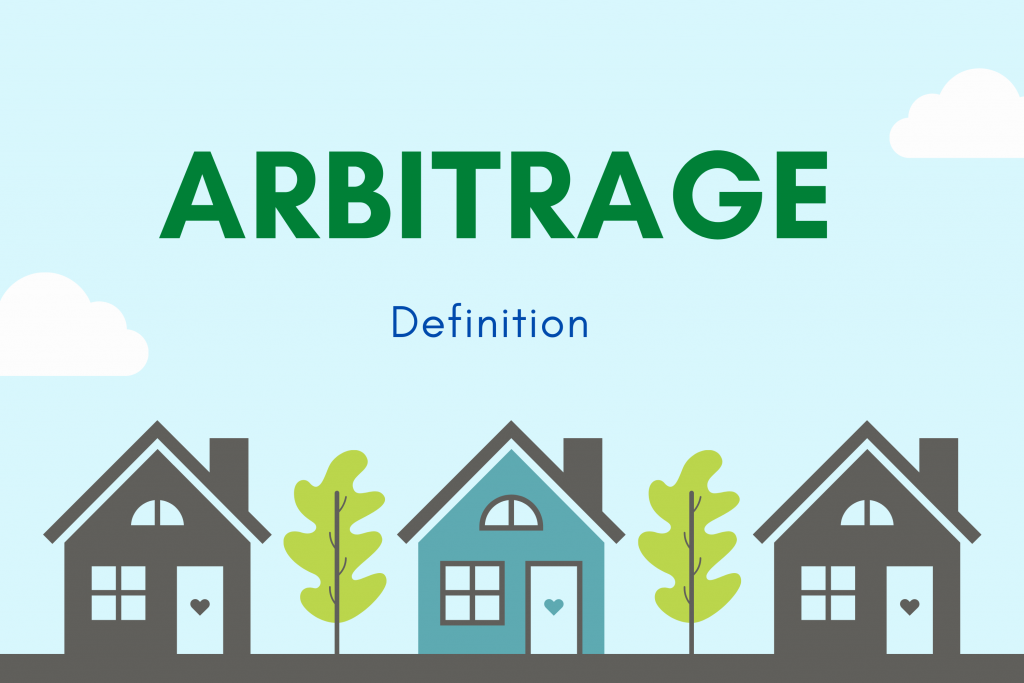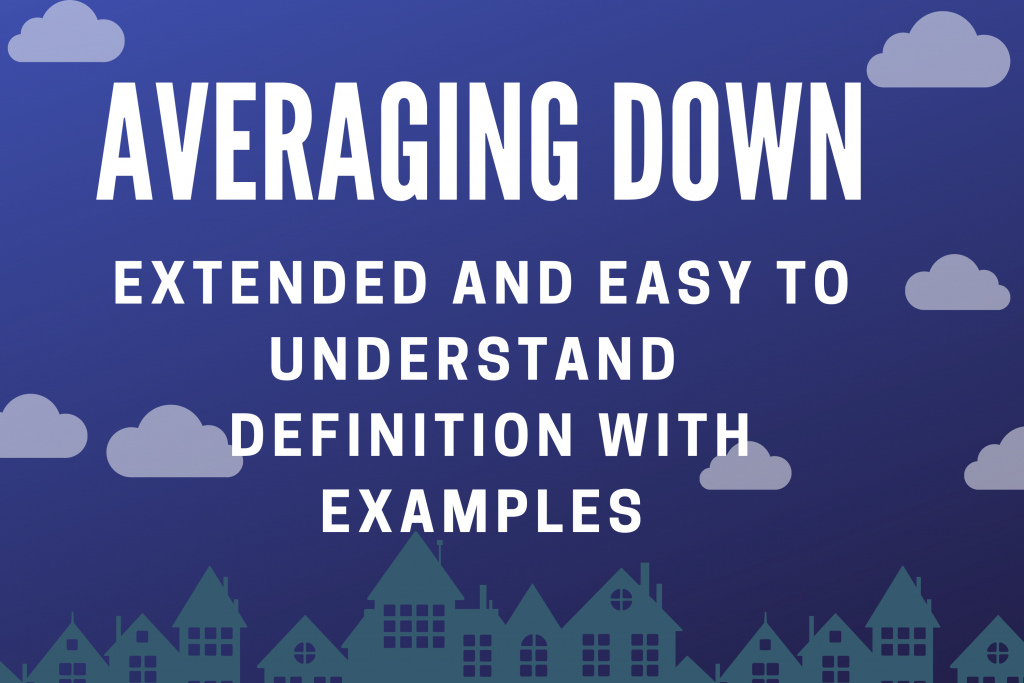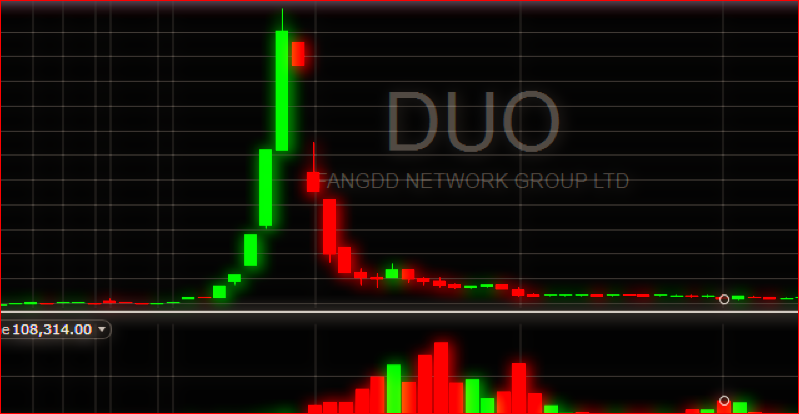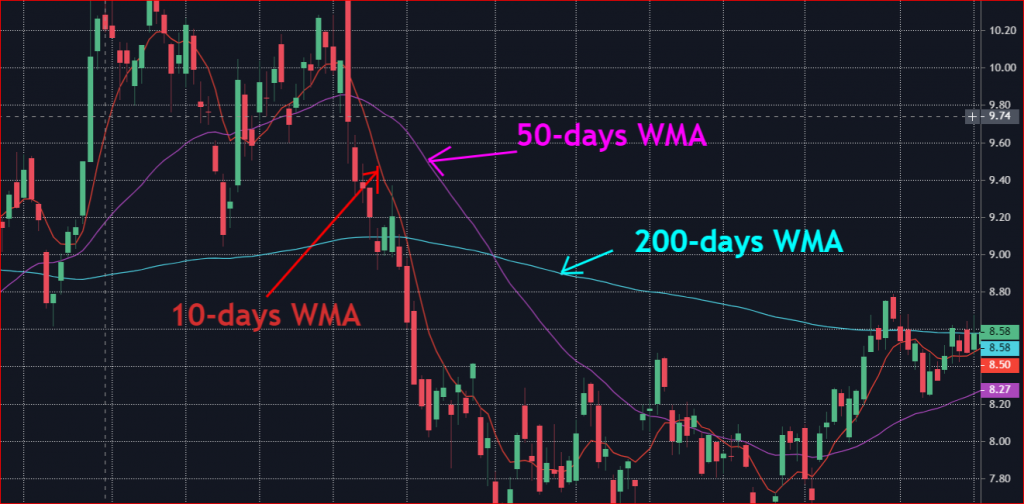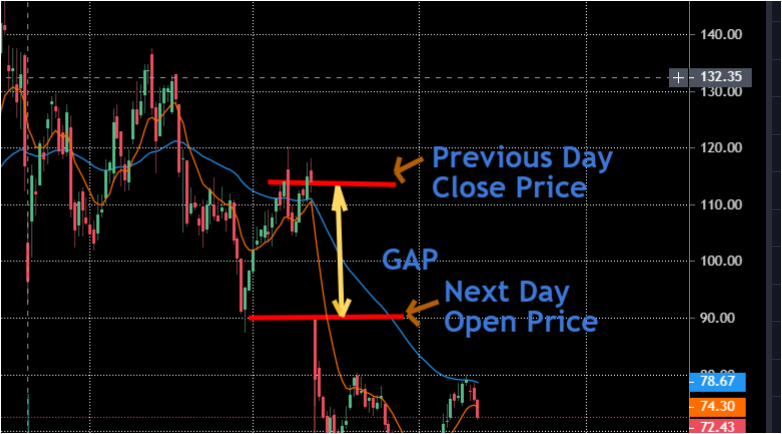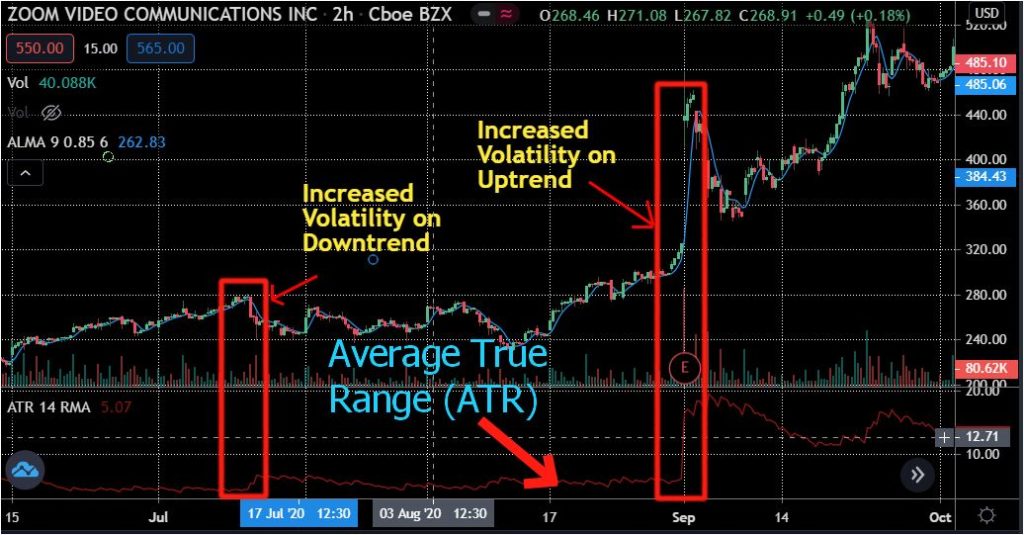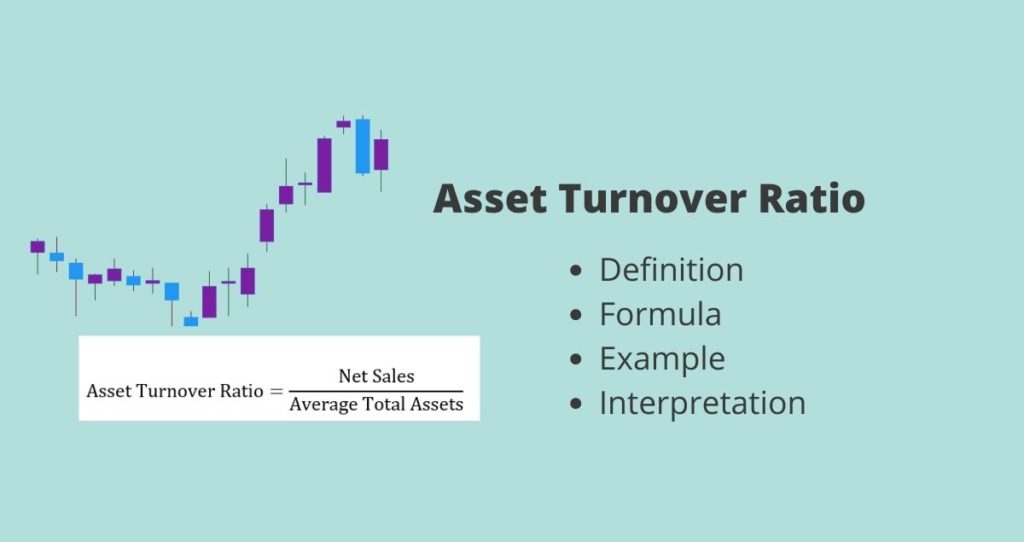What is the meaning of a long position?
A long position is a trading strategy used by anticipating the future growth of stocks or securities. Having a long position in a stock or a security means that you own that stock and you make money only when its value increases.
Your profit will be the difference between the purchase and sale prices.
This strategy is different from short selling or short position where investors and traders anticipate a decline in the price. By shorting, they sell shares of stocks and other securities hopping to buy them later at a lower cost. Thus, cashing the difference.
Example of a long position
Let’s say that you think XYZ stock price will increase much higher in the near future.
So, you buy 100 shares at the current market price of $20 per share. This order will cost you $2000 in total. As you anticipated, the price jumps to $25 dollars a few weeks later.
You then decide to sell all 100 shares at $25 each. Your total sale for this order is $2500.
Let’s see if you made or lost money on this trade. The total cost for all 100 shares is $2000 and the total sale is $2500. Your profit or loss is the difference between these two numbers. Since the sale price is higher than the purchase price, you made a profit of $500 on this trade.
Benefits of going long
- More chances of making money on the stock if your anticipations are right. Sometimes stocks keep growing much higher than you anticipated. This increases your gains exponentially.
- You can make a big profit from earning releases. When companies beat their earnings, the price of the stock usually increases.
- There is a limit to how much you can lose. Compared to shorting, long positions are much safer. The maximum money you can lose on a trade is the entire sum of money you put in it. This can happen only if the price of the stock goes to zero.
- You can take advantage of averaging down on shares you bought to reduce your losses.
Disadvantages of long positions
- Chances of losing money. Every investment has a risk of losing money
- Being caught in earning releases. If the company misses on earning expectations, you could lose 50% of your capital overnight.
- More share offerings. Companies sometimes need to raise more money by issuing more shares to the public. This action tanks the stock price because a company cannot offer more shares at a price much higher than the current market price of its stock. source:fool.com
- Being caught in an economic dilemma that can affect the market such as trade wars, economic slowdown, earthquakes, pandemics like coronavirus, etc.
Final words
Whether you are shorting or going long, you must be careful. Avoid using market orders in your trades. Instead, use limit orders to guarantee you the price and protect you from losses.
Stop losses are equally important. There are times when the price does not follow your predictions. A stop-loss will get you out of the market and protect you from more losses.


